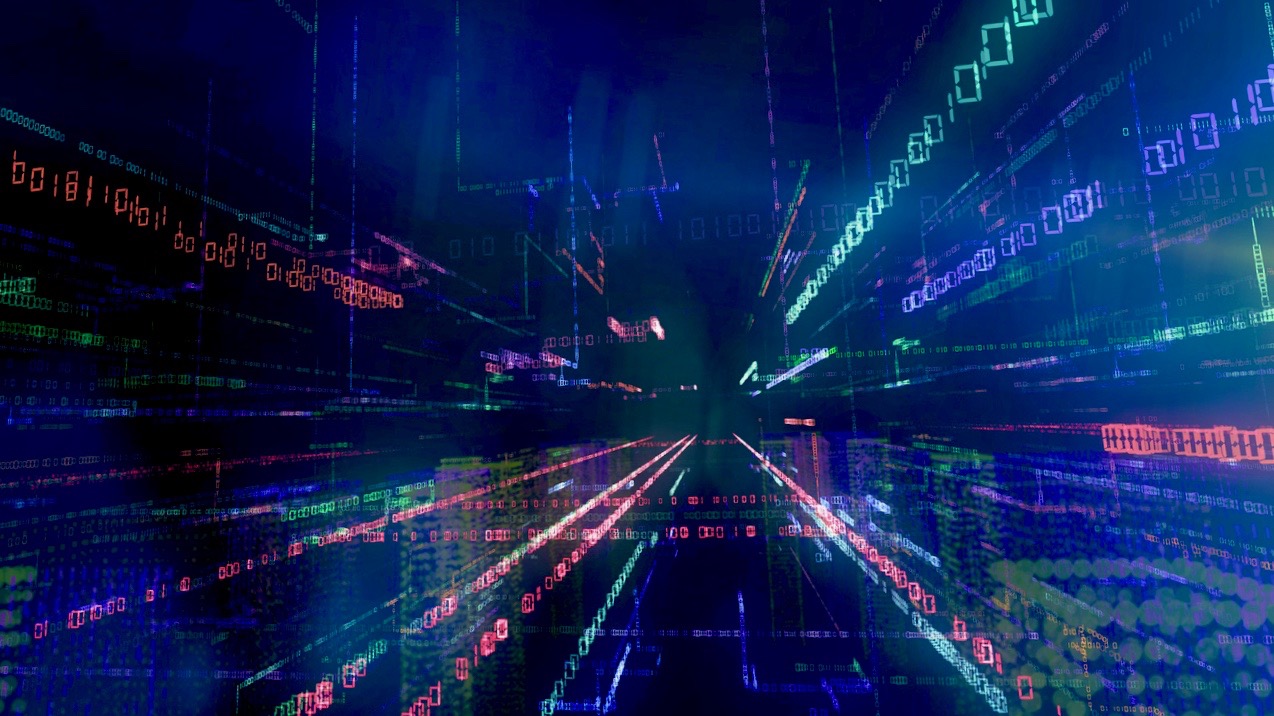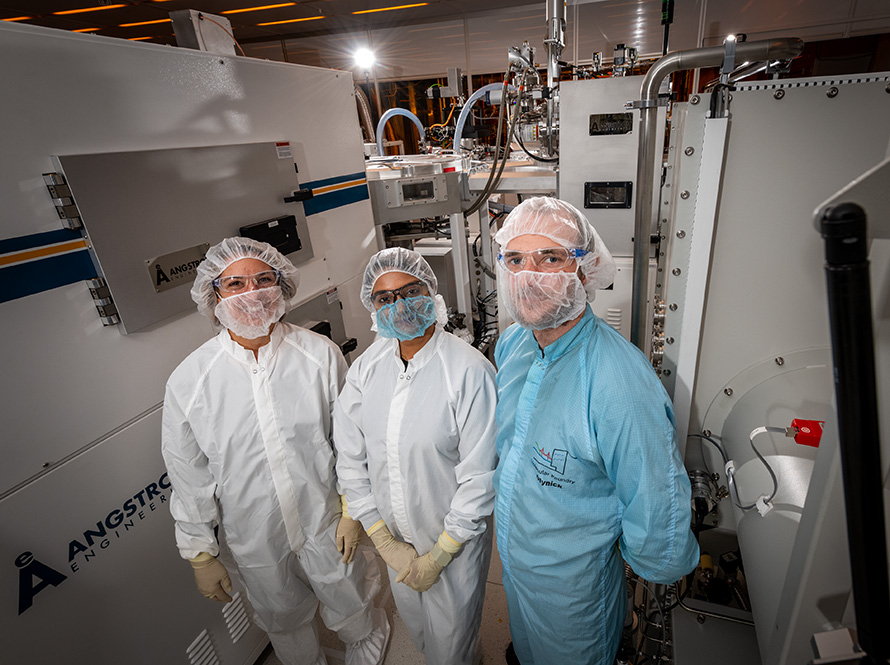A Day in the Half-Life

A podcast about the surprising ways that science evolves. Through conversations with scientists, we trace the technology, theories, and products we see around us today back to early discoveries in the lab, while also imagining where future breakthroughs could take us.
Expert Interviews

A series of expert interviews that showcase the work of Berkeley Lab researchers, connecting audiences with the people behind the science. Listen to our scientists discuss how their groundbreaking research enables science solutions for the world.
Cybersecurity is essential to protecting the data, infrastructure, and technologies behind modern science and society. At the Department of Energy’s Lawrence Berkeley National Laboratory (Berkeley Lab), Sean Peisert leads efforts to secure everything from supercomputers to the power grid. Using innovative approaches like physics-based monitoring and privacy-preserving data analysis, his team’s work positions cybersecurity not just as a defense, but as a tool for enabling collaboration and progress.
Featuring:
Sean Peisert, senior scientist and lead of cybersecurity and privacy research and development at Berkeley Lab. He is also an adjunct professor at the University of California, Davis, and the director of Trusted CI, the National Science Foundation’s Cybersecurity Center of Excellence.
Why isn’t more plastic actually recyclable? Why don’t compostable forks actually compost? And when are we going to solve our waste problems?
This episode features three scientists working to manage the planet’s plastic addiction by developing smarter materials that avoid the pitfalls of 20th century plastics. We talk about the challenges of the current recycling and composting systems, philosophies of materials design, why trying to recycle some things is just “wishcycling,” why consumer preferences matter, and why we can allow ourselves to feel a little optimism — even though the news paints a pretty bleak picture sometimes.
Featuring:
Brett Helms, a materials scientist at Berkeley Lab’s Molecular Foundry. Helms leads a team that invented an infinitely recyclable plastic and is now working to bring it to the market.
Ting Xu is a senior materials scientist and chemist at Berkeley Lab and professor at UC Berkeley. Her lab is developing non-toxic compostable plastics that stay durable when in use, but break down easily in the environment.
Corinne Scown is a scientist in Berkeley Lab’s Energy Technologies Area and director of Techno-economic Analysis at the Joint BioEnergy Institute. She performs techno- economic and lifecycle analyses for Brett, Ting, and other scientists, meaning that she models the inputs, outputs, prices, and environmental impact of materials so that we can understand how they will perform on an industrial scale before they actually get to the industrial scale.